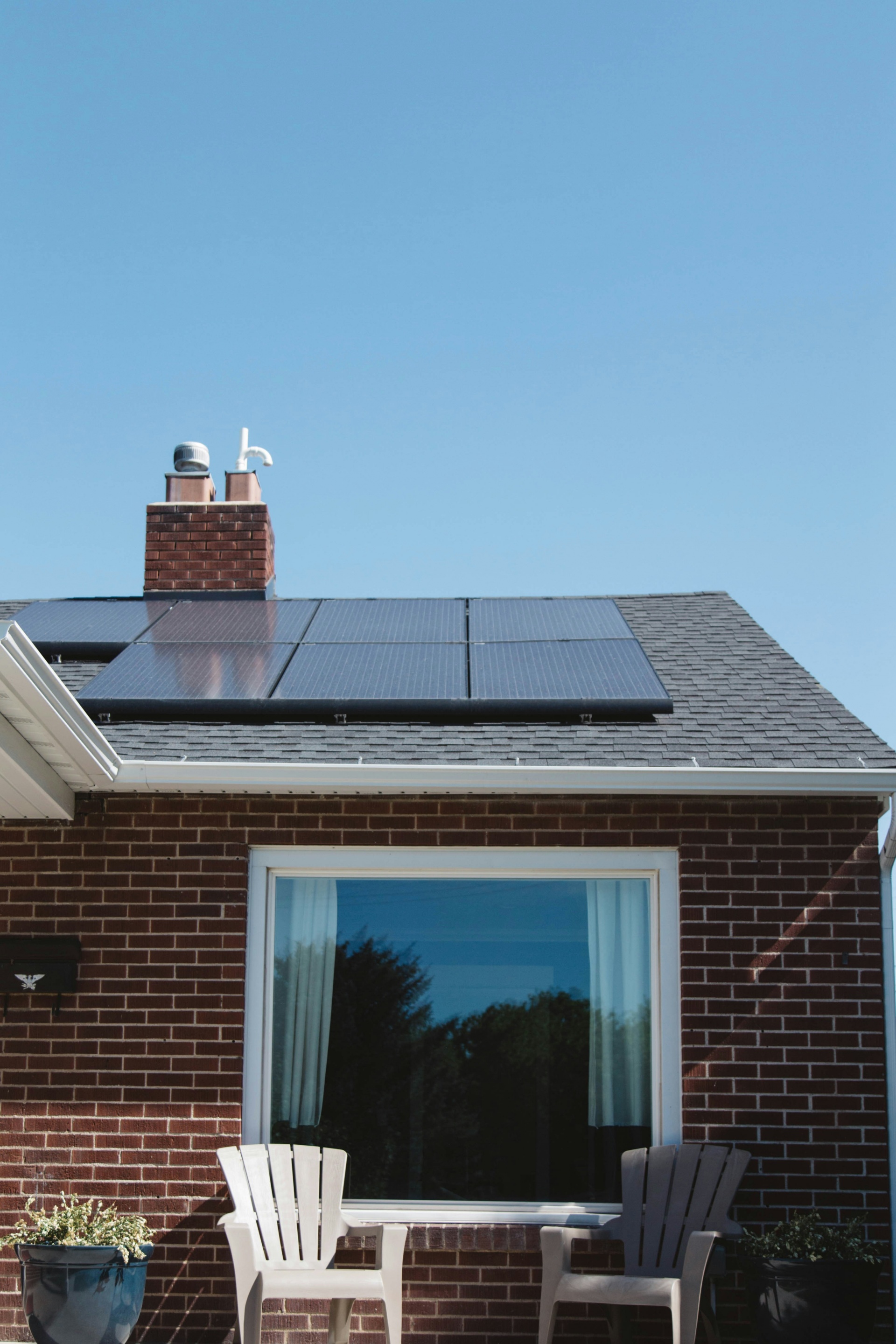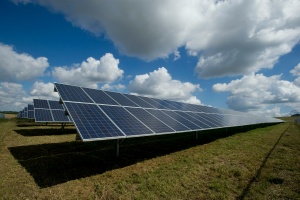MoIT advises caution over residential solar systems
 |
In a statement on May 1, MoIT stated, "Non-self-sustaining, grid-connected home solar systems will incur operational costs and are not advisable."
Under the proposed regulations, off-grid residential solar installations would face no development limits. However, for grid-connected systems, homeowners may feed surplus energy back to the grid but would receive no financial return. The cap for such installations is set at 2,600MW, aligned with the National Power Development Plan VIII.
According to Vnexpress, many industry experts are critical of these measures as they believe they lack adequate incentives for investment, pointing to the zero-return policy as economically unviable.
Additionally, the Electricity Regulatory Authority of Vietnam issued a warning on April 30 about rooftop solar. The authority advised prioritising on-site consumption and limiting grid feed-in to avoid large-scale disruptions and unnecessary financial burdens.
"Rapid, large-scale adoption could significantly destabilise the system and generate unwarranted costs," according to the regulator.
Currently, rooftop solar constitutes over 9 per cent of Vietnam’s total installed capacity, approximately 7,660MW, and nearly 4 per cent of national electricity production. This surpasses other renewable sources like wind and biomass, and even small hydro and gas turbines, which previously dominated the energy mix.
The variable nature of solar power, dependent on weather conditions, requires substantial backup and storage solutions to ensure grid stability, adding extra costs for homeowners and the electricity sector. On a larger scale, alternatives include pumped hydro storage or traditional power sources like hydro and gas, which face intermittent operation due to solar instability.
Regulators also highlight the challenge of managing the excess capacity from solar during peak times, which could surpass the grid’s absorption capacity. Grid operators would then face a critical choice: reduce output from controllable traditional plants, risking system reliability, or cut renewable energy production, thereby increasing operational costs and wasting resources.
The small-scale and dispersed nature of residential solar also complicates data collection and system control, presenting significant challenges in balancing the grid, particularly for individual household systems where precise data collection is not feasible.
Finally, the MoIT underscored the economic impact of solar intermittency. The variability of renewable sources necessitates keeping traditional power on standby or at low output, incurring costs even when no power is generated. These costs are ultimately distributed across all customers, including those without renewable installations.
 | Trung Nam Group concerned amid suspended solar payments Trung Nam Group, a top investment firm in the energy industry, has expressed serious concerns over the financial difficulties caused by payment suspensions for its solar power plants. |
What the stars mean:
★ Poor ★ ★ Promising ★★★ Good ★★★★ Very good ★★★★★ Exceptional
Related Contents
Latest News
More News
- Trung Nam-Sideros River consortium wins bid for LNG venture (January 30, 2026 | 11:16)
- Vietnam moves towards market-based fuel management with E10 rollout (January 30, 2026 | 11:10)
- Envision Energy, REE Group partner on 128MW wind projects (January 30, 2026 | 10:58)
- Vingroup consults on carbon credits for electric vehicle charging network (January 28, 2026 | 11:04)
- Bac Ai Pumped Storage Hydropower Plant to enter peak construction phase (January 27, 2026 | 08:00)
- ASEAN could scale up sustainable aviation fuel by 2050 (January 24, 2026 | 10:19)
- 64,000 hectares of sea allocated for offshore wind surveys (January 22, 2026 | 20:23)
- EVN secures financing for Quang Trach II LNG power plant (January 17, 2026 | 15:55)
- PC1 teams up with DENZAI on regional wind projects (January 16, 2026 | 21:18)
- Innovation and ESG practices drive green transition in the digital era (January 16, 2026 | 16:51)

 Tag:
Tag:




















 Mobile Version
Mobile Version